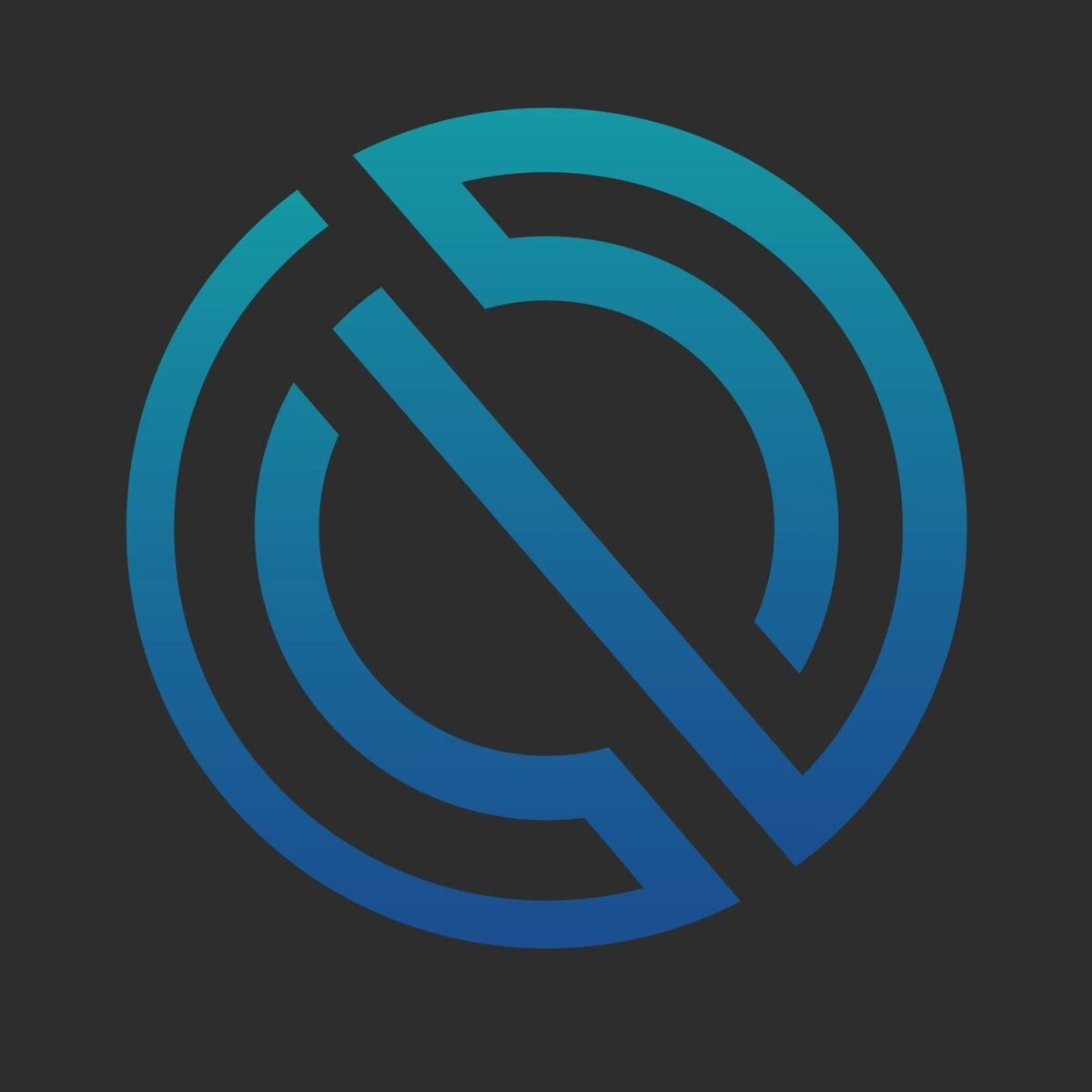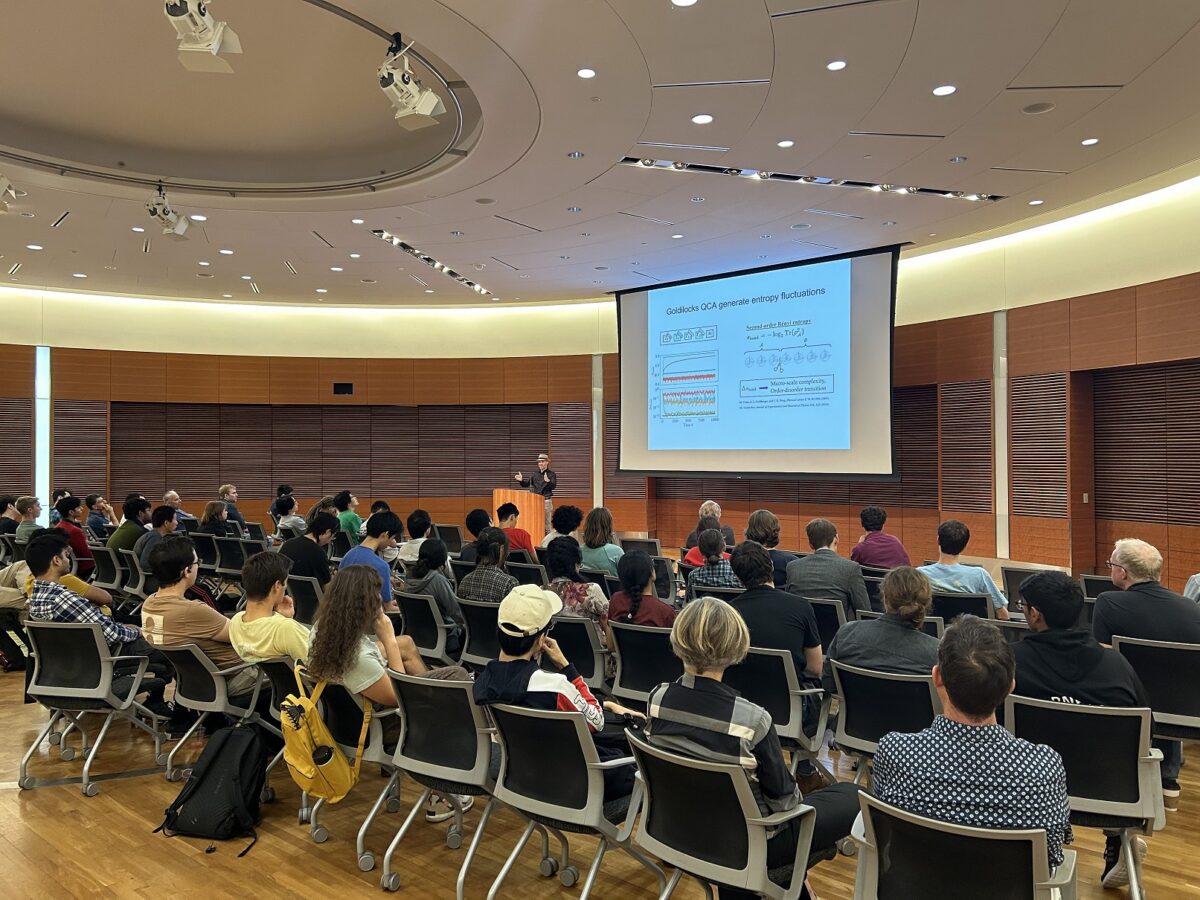Embark on an exhilarating journey into quantum computing with us at the Qiskit Fall Fest! Whether you’re already a quantum wizard or just starting to explore this cutting-edge field, you’re in for an incredible learning experience.
Read the full article at: https://wqi.wisc.edu/wqcc/qiskit-fall-fest-2024/WQI News
DARPA Researchers Highlight Application Areas for Quantum Computing
This post is modified from one originally published by DARPA Amid efforts to explore quantum computers’ transformative potential, one foundational element remains missing from the discussion about quantum: What are the benchmarks that predict whether …
Read the full article at: https://www.physics.wisc.edu/2024/06/24/darpa-researchers-highlight-application-areas-for-quantum-computing/Entangled neutrinos may lead to heavier element formation
Elements are the building blocks of every chemical in the universe, but how and where the different elements formed is not entirely understood. A new paper in The Astrophysical Journal by University of Wisconsin–Madison physics …
Read the full article at: https://www.physics.wisc.edu/2024/06/06/entangled-neutrinos-may-lead-to-heavier-element-formation/MSPQC’s Preetham Tikkireddi wins second place at QED-C student poster presentation
MSPQC student Preetham Tikkireddi won second place for his poster, “Understanding security side channel attacks on multi-tenancy quantum computers,” at the plenary meeting of the Quantum Economic Development Consortium (QED-C), held March 20-21 in Evanston, IL. …
Read the full article at: https://www.physics.wisc.edu/2024/05/23/preetham-tikkireddi-qed-c/NSF awards $1M to CQE-led coalition to strengthen quantum technologies in the Midwest
Tomorrow’s Quantum Hotbeds? 7 U.S. Cities That Could Incubate The Next Great Quantum Technology Ecosystem

 Insider Brief The U.S. is a global powerhouse in quantum research and quantum entrepreneurship with quantum ecosystems emerging in several cities and regions. However, the country has the research acumen, the thirst for entrepreneurship and governments that encourage innovation to create even more quantum ecosystems. Quantum ecosystems tend to emerge from areas where there is […]
Insider Brief The U.S. is a global powerhouse in quantum research and quantum entrepreneurship with quantum ecosystems emerging in several cities and regions. However, the country has the research acumen, the thirst for entrepreneurship and governments that encourage innovation to create even more quantum ecosystems. Quantum ecosystems tend to emerge from areas where there is […]
Professor Swamit Tannu receives NSF CAREER Award
“The technical challenges and the potential to make a big, lasting impact—those are the two things that drove me towards quantum computing,” says Tannu.
Read the full article at: https://www.cs.wisc.edu/2024/03/11/swamit-tannu-receives-2024-nsf-career-award/Quantum Computing Without Errors – 2023 WARF Innovation Award Nominee
Research Associate Benjamin Woods and a team including Distinguished Scientist Mark Friesen, John Bardeen Prof. of Physics Mark Eriksson, Honorary Associate Robert Joynt and Graduate Student Emily Joseph developed a...
Read the full article at: https://www.warf.org/videos/quantum-computing-without-errors-2023-warf-innovation-award-nominee/Qiskit Fall Fest – 2023
Welcome to UW-Madison’s first-ever Qiskit Fall Fest in partnership with IBM Quantum! Embark on an exhilarating journey into quantum computing with us at the Qiskit Fall Fest! Whether you’re already a quantum wizard or just starting to explore this cutting-edge field, you’re in for an incredible learning experience. Get ready for a creative lineup of…
Read the full article at: https://wqi.wisc.edu/wqcc/qiskit-fall-fest-2023/The first-ever WQI seminar took place on September 21!

We kicked off our first-ever WQI seminar last week hosting Lincoln Carr from the Colorado School of Mines!
The seminar series shares new ideas in QISE with an audience that is looking to advance their understanding of these concepts.
We look forward to welcoming our guests every month and the continued engagement of our faculty and students!